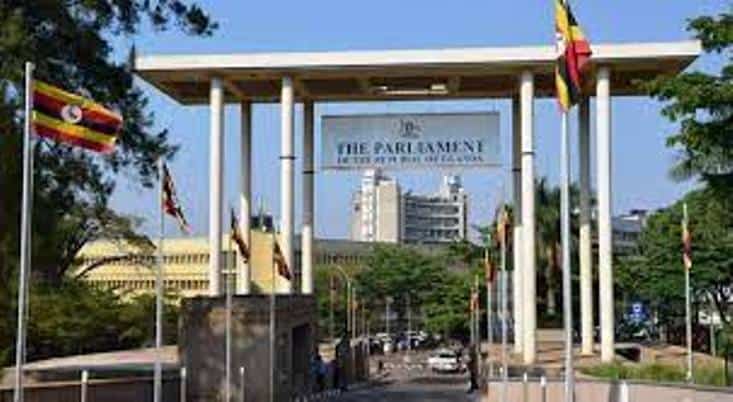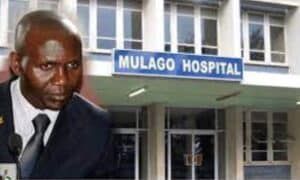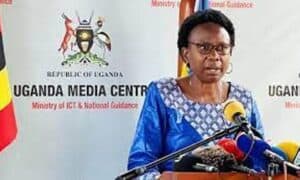The Parliamentary Standoff Comes at a Cost Uganda’s parliament has been at an impasse for several weeks now, with opposition MPs prevented from carrying out their duties by the ruling party.
This prolonged stalemate is taking an economic toll on the country as Parliament plays a crucial role in debating and passing legislation, as well as approving budgets and government expenditure.
However, with opposition MPs locked out, key laws and budgets have not received proper scrutiny or approval.
Veteran politicians and governance experts fear the government risks losing billions of shillings in mismanagement, theft as well as bad deals if the current standoff in parliament continues.
Furthermore more they believe the leave of parliament caused by the walkout could cause a backlog in audit and investigation in cases that were before the different committees.
As a result, government spending and projects are at a standstill, negatively impacting service delivery and development works across sectors. The delays in passing critical bills have created uncertainty for businesses who rely on a stable regulatory environment.
Meanwhile the speaker’s efforts to resolve the impasse have equally not yielded much despite cautioning the front bench to reflect on how they are dealing with the opposition.
Furthermore Investors are wary of committing funds when there are questions around pending legislation. This lack of confidence in policy and legal frameworks can discourage both domestic and foreign investment.
According to ex legislator Richard Ssebuiba Mutumba feared that the government risks losing billions of shillings in mismanagement, theft and bad deals if the current standoff in parliament continues.
Uganda’s economy is already suffering the effects of the COVID-19 pandemic, with lower tax revenues, job losses and declining growth. The added disruption caused by the parliamentary turmoil compounds these challenges.
Government is unable to fully implement measures to stimulate the economy and support vulnerable communities without an functioning legislature.
Citizens ultimately pay the price when their elected representatives are unable to fulfil constitutional duties of oversight. The costs mount in lost opportunities and impediments to economic recovery.
All sides must commit to an expeditious resolution that allows parliament, as the highest law-making body, to resume normal operations.
Continuous disruption serves only to undermine democratic processes and further deteriorate the nation’s wellbeing.












